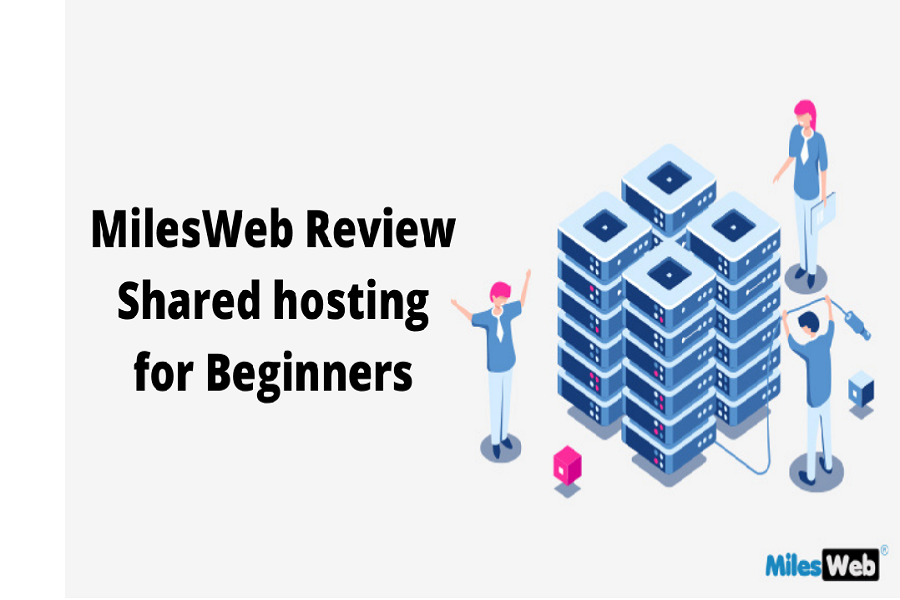In general, today’s dynamic websites require two main types of services to provide a fully functional website for the user’s browser. The use of the word “server” in the text above refers to the application / software and not the physical machine. This is a common term used to describe the type 3 server, e.g.dedicated server hosting, VPS hosting and shared hosting. The web server processes all initial browser requests and decides how and where data is returned from the database. The database server processes requests from the web server in the form of queries. These queries retrieve data from the memory (hard disk) and return it to the web server.
As you can see, both web and nvme dedicated server work together to provide the end product (website) to the user. To make them more secure and reliable on their website, the user needs dedicated server hosting in the UK. Usually UK Dedicated Server takes over a larger part of the logic part, so a faster CPU and a larger memory always need more than the hard disk speed. While the database server is calling up more data, FASTER HD and larger MEMORY always need more than the CPU speed.
In Any Case, More And More Memory Is Needed –
It is important to note that all UK Dedicated Server software always uses part of the CPU, MEMORY and HARD DISK resources. After all, they argue about the resources available. One way to end this battle for resources is to split them up between each dedicated server hosting. Another reason for separating service types is that it is easier to optimize the computer so that it works well for a specific task than for all tasks.
Read more: Understand how the Web Hosting Server works
Now that we know that the database needs faster hard drives, we may be using more expensive, faster hard drives in DB computers and leaving the cheaper hard drives on WEB computers where HD speed is not so important. But maybe we use faster processors on WEB machines instead, because they do most of the logic. In this way, we achieve optimal performance with UK Dedicated Server. These are general suggestions only. These configurations vary depending on the website and its functionality.
Server Functions And Components –
OK, now that you know something about UK Dedicated Server that is very important, how do you know which components to get? Due to the multitude of different types and models of the individual components, I would have to write several books to deal with this topic. I will therefore only give you a few general instructions for each component type that would help you with your next server purchase.
CPU Speed:
This is a no-brainer. The faster the processor is, the faster it can perform the calculations and the faster the pages are returned to the user. Some CPU architectures are known to perform better than others in server setups. I therefore suggest that you investigate this topic.
The Number OfCPU Cores / Processors:
Another child’s play. The more cores or processors your server has, the more tasks it can perform at the same time. Since most actions on the server are based on requests, and each request usually triggers a separate process, you can see how more CPU cores allow the server to process multiple requests at the same time.
RAM Size:
I think you see the pattern here “MORE”. Needless to say, your server has more RAM and can handle more requests at the same time. The reason for this is that each request needs a certain amount of RAM to process it. This amount depends on various factors such as software type, operating system, installed modules, etc.
For example, the popular UK Dedicated Server hostingoffers approximately 4 to 16 GB of RAM per request or process, and this does not take into account other processes that are already running or being created to supplement this request.
Storage Is Probably The Best Investment You Can Make In Your Dedicated Server Hosting.
Hard drive speed – The faster the hard drive rotates, the faster the data on the hard drive can be accessed. Some popular hard disk provide excellent speed such as 10000 rpm to 15000 rpm. Applications that access the hard drive most often experience the greatest increase in performance from faster hard drives. Some of these applications are database servers, file servers and video streaming servers.
SATA vs SCSI vs SAS – If you’re wondering what all of these acronyms are related to, these are the three most common hard drive interfaces used in dedicated server hosting. Starting from the left, with SATA being the cheapest but not usually performing best. While SCSI generally performs better than SATA, it does so at a much higher cost and with much less storage space. SAS gives you better performance than SCSI and more storage.
To RAID Or Not To RAID
So yes, we’re still stuck on the hard drives. When the word “RAID” is used in a server setup, it means that the server has two or more hard drives combined in an array that forms a logical unit. Raid usually provides increased memory reliability through redundancy. There are different RAID setups and you have probably seen some: RAID 0, RAID 1, RAID 5, RAID 10, etc.
The Most Common Are Shown In Server Setups
What you need to know about RAID 0 is that it gives you some performance and more space, but has no redundancy. If a drive fails, you lose your data.
Read more: Fine Website Creation in the best Dedicated Server Now
RAID 1 provides redundancy through mirroring and, in certain cases, increased performance, but you don’t get increased storage space. If a drive fails, you can continue to operate and replace the defective drive without data loss. This setup requires two hard drives.




